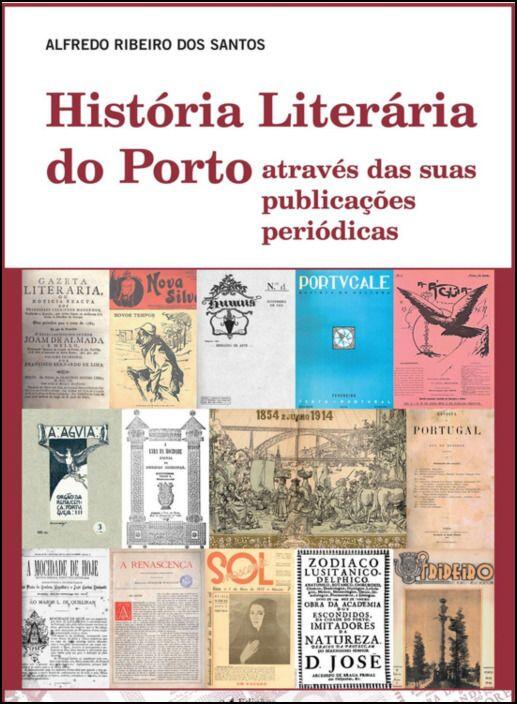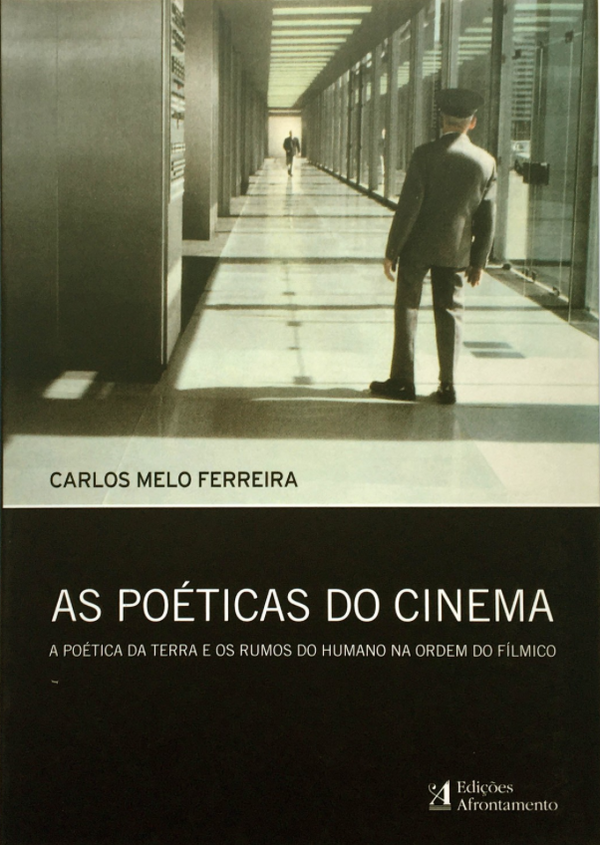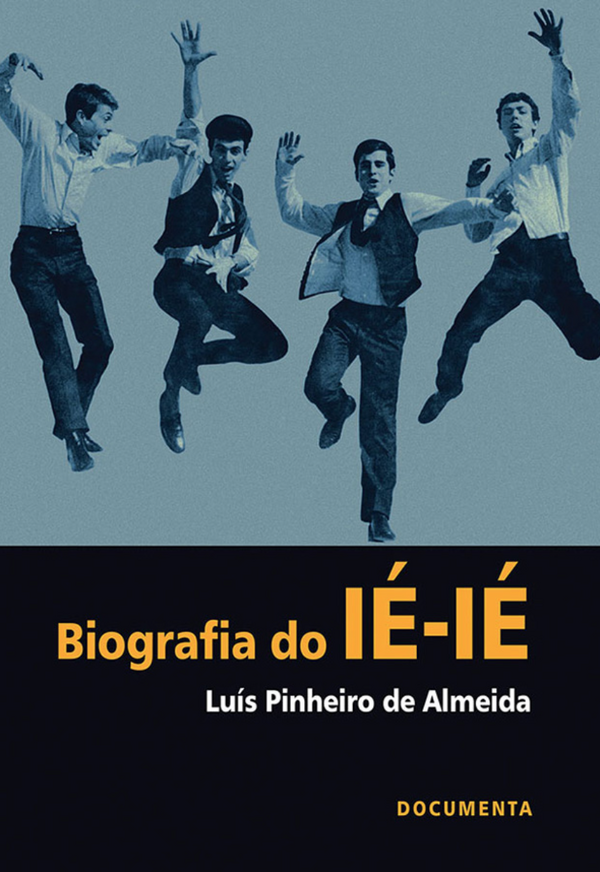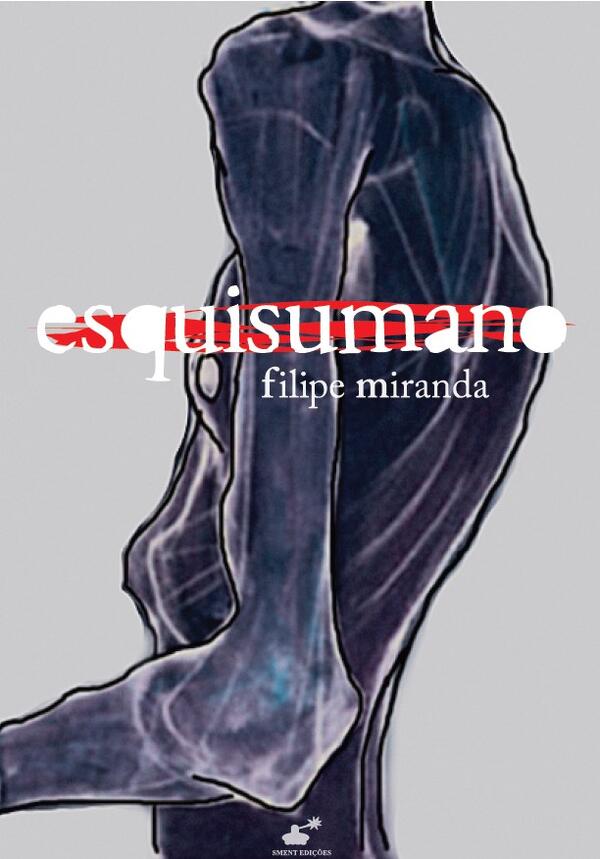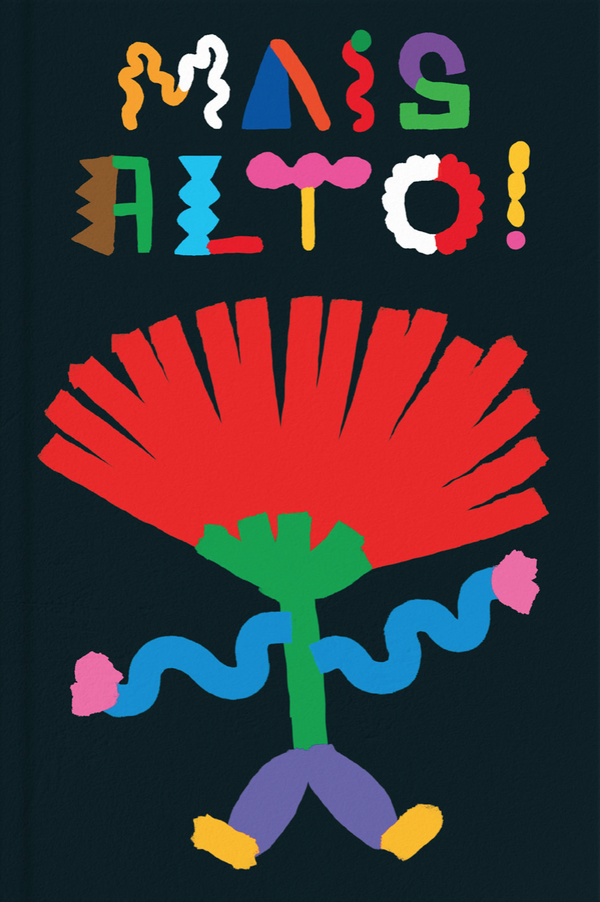Ref. #2097
Henrique Egea - As Histórias que nos Cont(ar)am na Galiza… e em Portugal
18.35€
Most of us believe that historiography arises from the analysis of the past, based on available data. But historiography, especially that intended for popularization, is usually the more or less evident expression of the author's ideology and context, not the "aseptic result" of "scientific" analysis.
The moments of the past that historiography chooses for its analysis and the silences that weigh on other moments are, to a large extent, as significant as the elaboration of an ideologically marked discourse. Historiography is written by people with ideologies and contexts that force certain choices. There is no such thing as a neutral historiography.
It is developed in the search for an explanation or justification for the present and even for the future.
In stateless countries, the general tone is silence or, at best, history is often subject to the interpretation of others, molded to official discourse. The Galician case is paradigmatic of a historiography subjected to an external project that denies us. The self-serving silences, half-truths, and lies in the disjointed account of our history have been around for a long time, as the reader will see in this book.
This is the reason for another installment of historiography, with an analysis focused on our historical context, useful for reviewing who we were and who we are.

